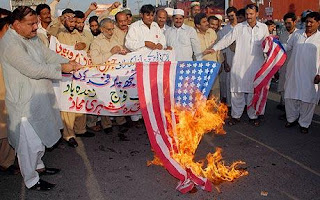PO BOYZ - Home
PO BOYZ - Home : PO BOYZ return to the Middle East Club in Central Square EVERY Saturday Night for an exciting night of organ fueled funk and rock music. Don't miss out on this awesome FREE show. EVERY SATURDAY NIGHT - 11:00 PM - 1:30 AM FREE ADMISSION - 21 + Middle East Club 472 Massachusetts Ave Cambridge, MA (Please Check Our Current Page for Exact Dates) RELIX/JAMBANDS COUNTRY FUNK CD REVIEW Check out the rave review of COUNTRY FUNK from Brian Robbins of Relix and Jambands.com www.jambands.com/reviews/cds/2011/03/22/po-boyz-country-funk

